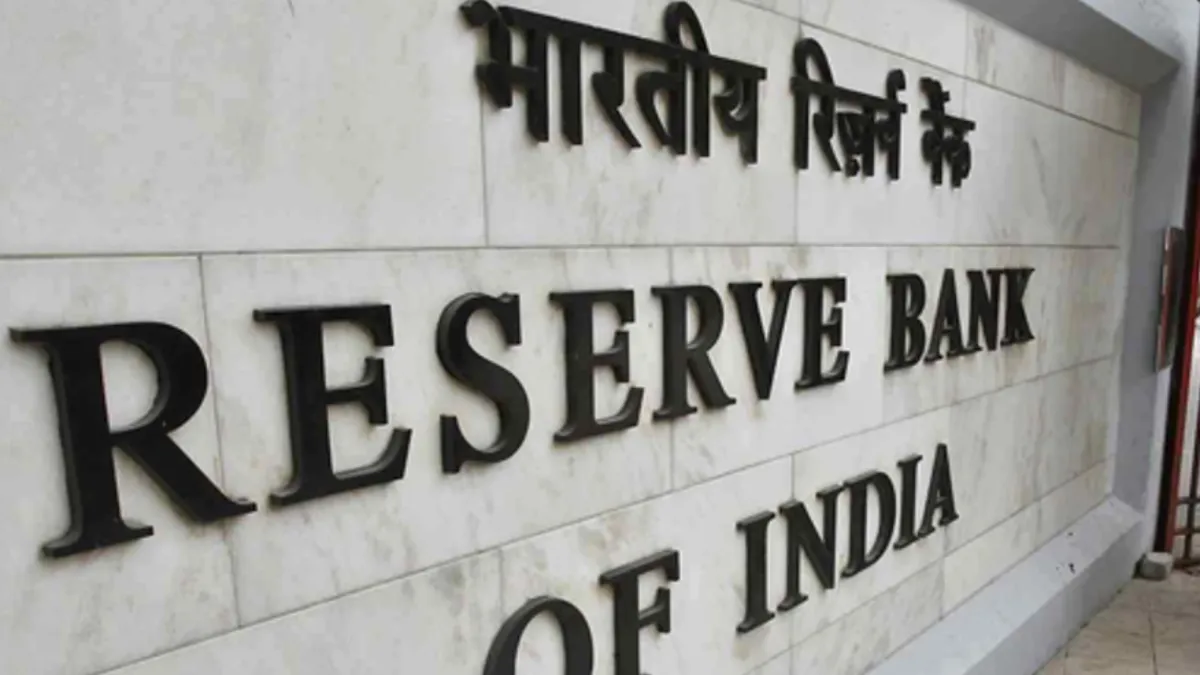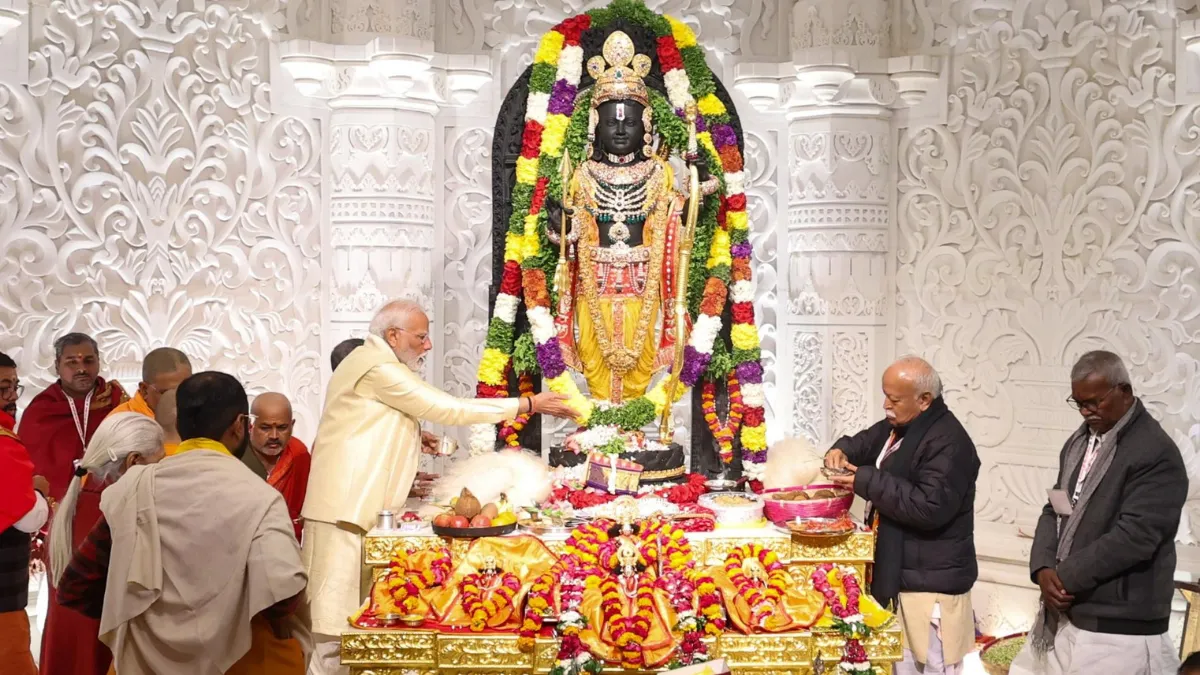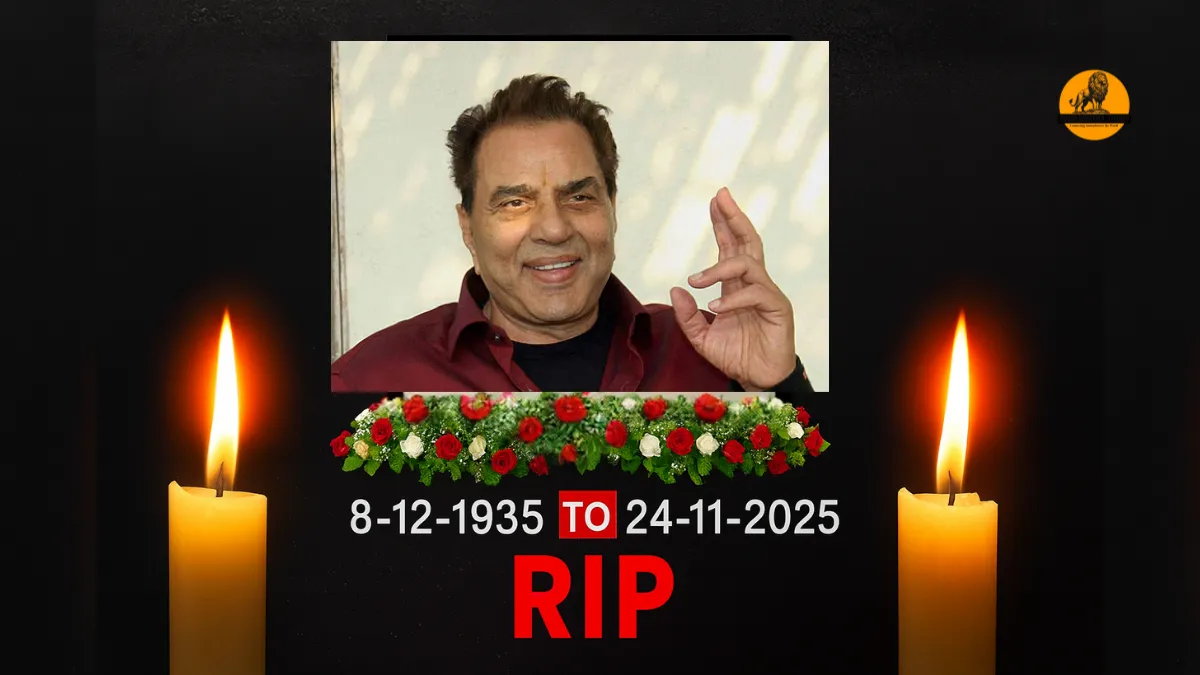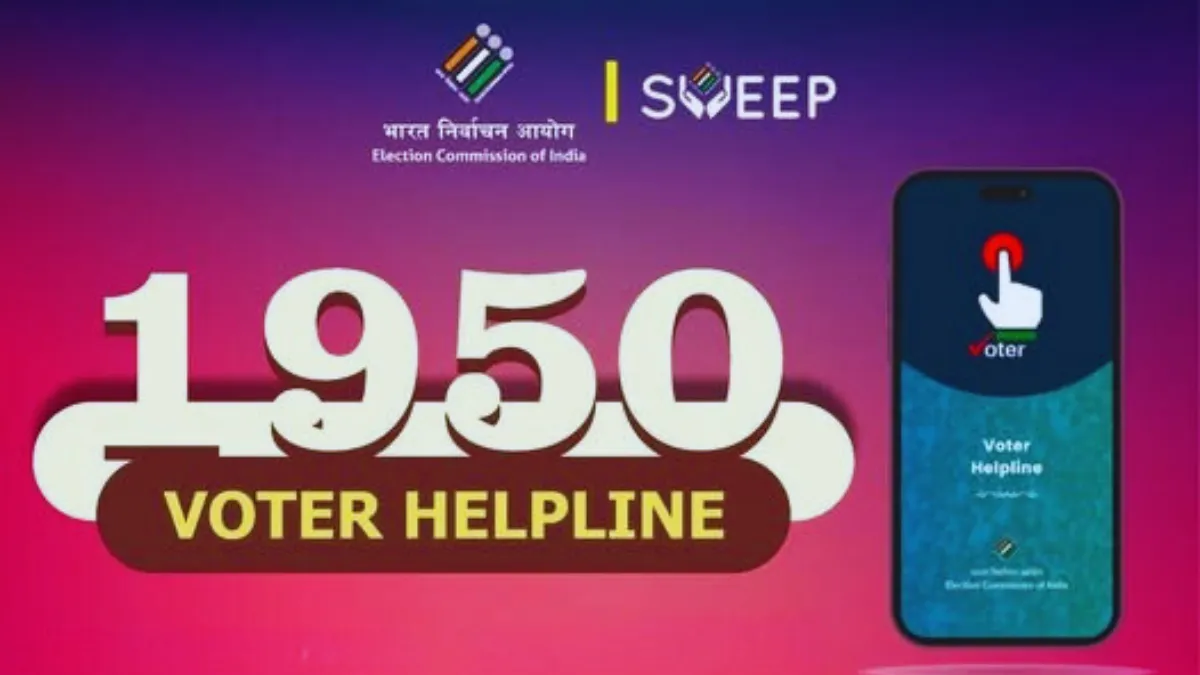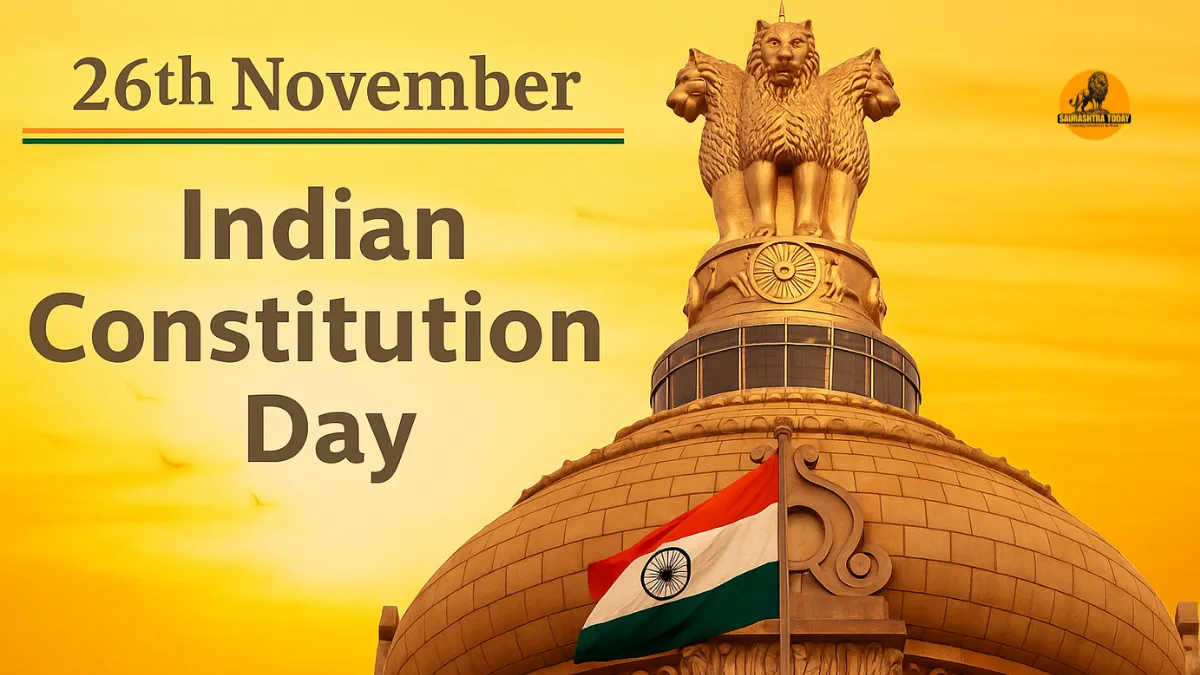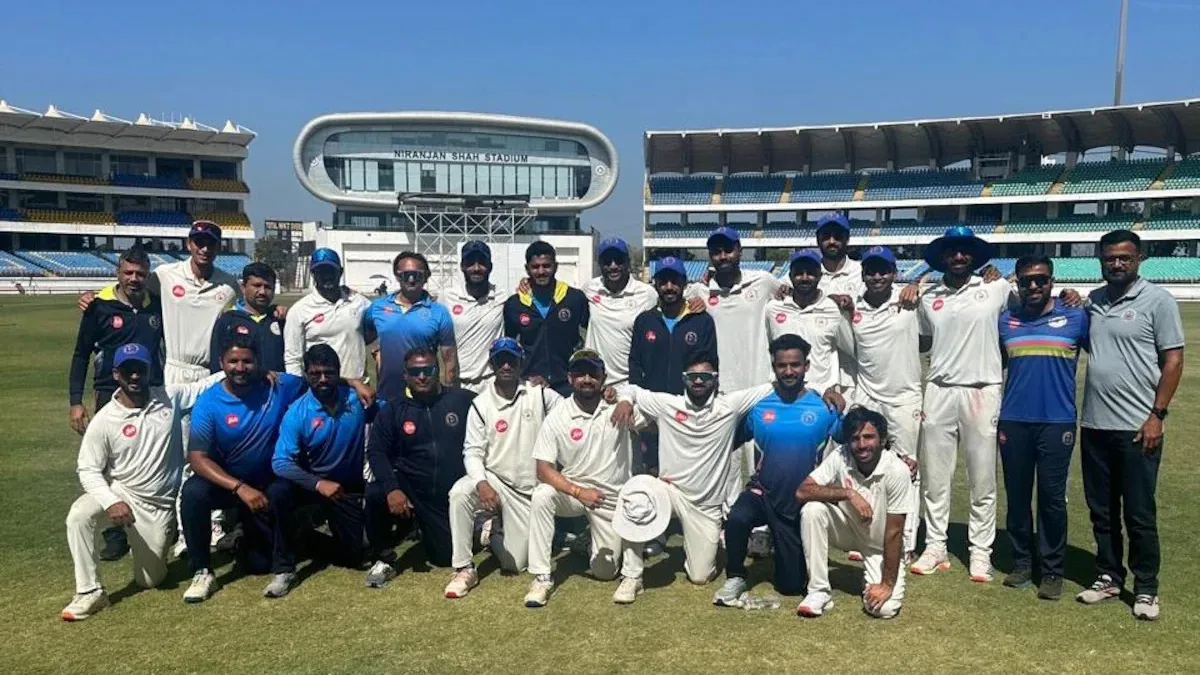RBI Releases New Rules: The Reserve Bank of India (RBI) has issued a draft notification introducing major reforms in banking services. Under the new guidelines, banks can no longer refuse to open zero-balance accounts for customers. Additionally, internet banking services will now be free for those holding basic savings accounts.
According to RBI, the proposed changes are aimed at making banking more inclusive, transparent, and customer-friendly — especially for low-income and rural account holders. These new norms could officially come into effect from March 31, 2026.
Banks Collected ₹8,933 Crore in Penalties Over Minimum Balance Rules
In the financial year 2024–25 alone, public sector banks collected ₹8,933 crore from customers for not maintaining minimum balance requirements in their accounts over the past five years. Data from private banks was not disclosed, but experts suggest the total amount could also run into thousands of crores.
This figure highlights the financial burden faced by millions of ordinary account holders — a key reason behind RBI’s new draft.
What RBI’s New Draft Says
As per the RBI’s draft guidelines, no bank will be allowed to deny customers a Basic Savings Bank Deposit (BSBD) account, which is a type of zero-balance account.
These accounts will come with essential banking services at no cost, including access to digital and internet banking. So far, these services were mostly available to regular savings account holders only.
The RBI has proposed that banks must clearly define service limits, conditions, and applicable charges for such zero-balance accounts to avoid confusion or hidden fees.
Who Will Benefit from the New Rules?
These reforms will particularly benefit:
- Low-income and rural customers who often struggle to maintain the required minimum balance.
- New account holders who prefer simple, digital-friendly banking options.
- Banks themselves, as standardized data and uniform policies will simplify regulatory compliance and improve transparency.
By allowing free access to digital banking, the move is expected to boost financial inclusion and encourage more people to use formal banking channels.
Why Were These Rules Needed?
The RBI observed significant inconsistencies in zero-balance account policies across banks. While some banks offered customer-friendly terms, others imposed unnecessary or hidden charges.
This lack of uniformity not only caused confusion among customers but also led to misuse of government-linked schemes such as Jan Dhan Yojana.
The new draft seeks to standardize rules for all banks, ensuring fairness and transparency.
What Facilities Will Account Holders Get?
Under the new RBI guidelines, customers with zero-balance or BSBD accounts will enjoy several facilities, including:
- Free cash deposits and withdrawals at bank branches and ATMs.
- A minimum of four free cash withdrawals per month.
- Free digital transactions, such as electronic transfers and payments.
- Banks can charge fees only after the free transaction limit is exceeded.
Moreover, customers can deposit money through electronic payment channels, even in remote or semi-urban areas where digital banking infrastructure is limited.
One Zero-Balance Account Per Customer
Each customer will be allowed to hold only one zero-balance (BSBD) account per bank to prevent duplication or misuse of schemes.
Customers will need to declare this information while opening the account. If a customer already has another savings account in the same bank, they must close it within 30 days of opening the BSBD account.
If desired, customers can later upgrade their zero-balance account into a regular savings account with expanded features.
Limited Access to Certain Banking Services
While zero-balance account holders will get free basic banking services, some features may remain optional or restricted, such as:
- Issuance of cheque books or debit cards,
- International transactions, or
- Access to premium digital services.
These limitations aim to keep operational costs low while still providing essential financial access to all citizens.
Also read: Jaipur Gas Cylinder Blast: Massive Fire on Jaipur-Ajmer Highway, Tanker Driver Burnt Alive
What Is a BSBD Account?
A Basic Savings Bank Deposit (BSBD) account is a simple, no-frills account that allows customers to enjoy essential banking services without any charges.
It was originally introduced to promote financial inclusion, enabling every citizen — regardless of income — to have access to formal banking.
Banks also provide a free ATM-cum-debit card with BSBD accounts, and the KYC (Know Your Customer) process for these accounts is simplified to make it easy for anyone to open one.
Also read: List of Nobel Prize Winners in India: Names, Fields, and Their Impact
RBI’s Message: “Banking for All”-RBI Releases New Rules
With these new rules, the RBI aims to ensure that every Indian has fair, transparent, and affordable access to the banking system.
By mandating free internet banking and ensuring no bank can deny a zero-balance account, RBI is reinforcing its commitment to inclusive digital growth.
The move is expected to bring millions of unbanked citizens into the formal economy, strengthen digital literacy, and reduce the exploitation of low-income customers by hidden banking charges.
